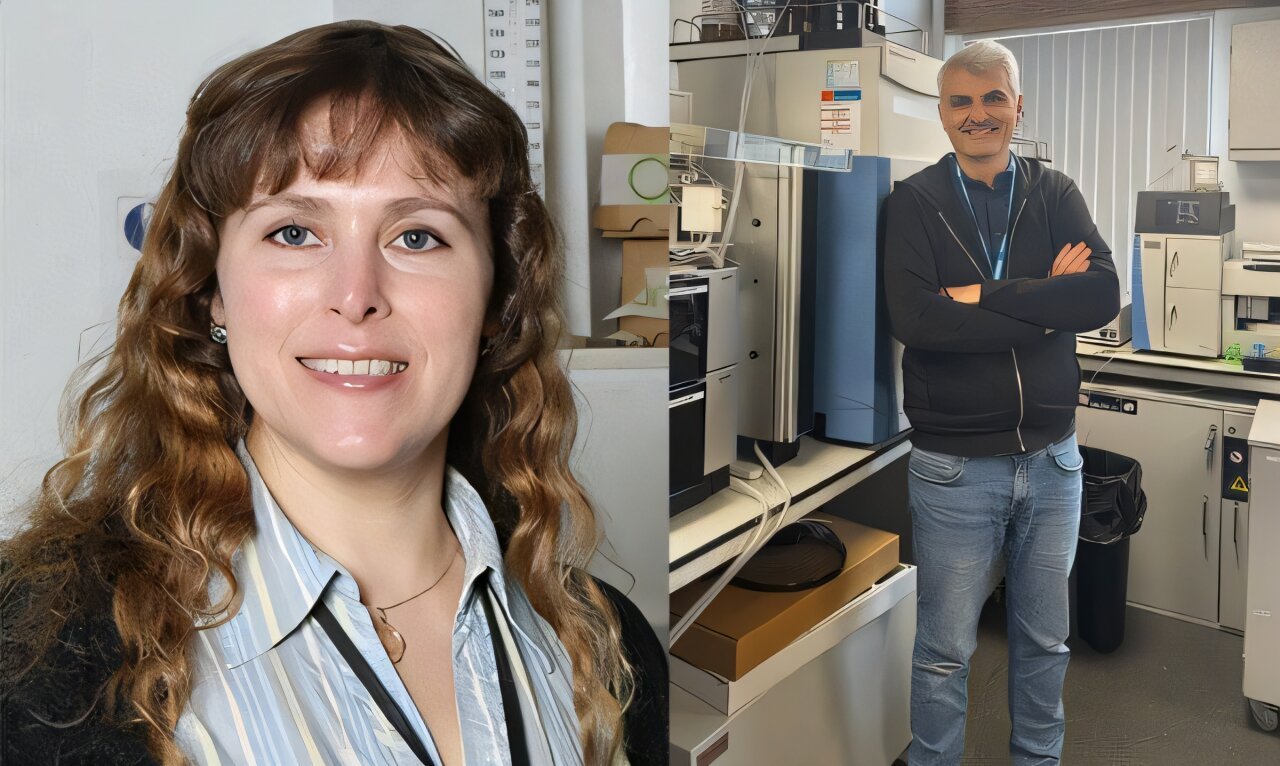
The global use of face masks surged during the COVID-19 pandemic, but many have since been discarded as waste, contributing to land and water pollution.
As these masks break down, they can release microplastics and chemicals into the environment, raising concerns for both human health and the environment.
A new study led by Coventry University investigated how many microplastics and chemical additives can be released from different types of disposable face masks, such as surgical masks and filtering facepieces, which are often used for personal protection in health care settings or areas with poor air quality. The study is published in the journal Environmental Pollution.
Dr. Anna Bogush and Dr. Ivan Kourtchev from the university’s Center for Agroecology, Water and Resilience, placed unused masks in glass beakers containing ultra-pure water and left them undisturbed at room temperature for 24 hours.
The water was then filtered and analyzed in the lab using advanced laboratory techniques to identify the types and quantities of microplastics and chemicals released, with strict controls in place to avoid contamination.
Even without any wear or movement, the masks were found to release microplastic particles and chemical additives into the water, suggesting that these pollutants are already present from the manufacturing process.
The study found that filtering facepieces released three to four times more microplastic particles than standard surgical masks. Most particles were extremely small—less than 100 micrometers in size, roughly the width of a human hair—and made primarily of polypropylene, a common plastic used in mask production.
Other plastics such as polyethylene, polyester, nylon and PVC were also detected, especially in the filtering facepieces. As these materials don’t easily break down, they can accumulate in the environment, causing harm to ecosystems and wildlife that may ingest or become entangled in them.
Some of these materials can also carry chemical additives that, once in the body, may disrupt hormones or negatively affect human health.
In addition to microplastics, the researchers discovered that chemicals including Bisphenol B were released from some types of masks into the water. These substances are known to harm fish and other organisms that live in water and could also affect people if they enter the food chain, pollute water sources or build up in the environment over time.
Dr. Bogush said, “This study has underlined the urgent need to rethink how we produce, use and dispose of face masks. We can’t ignore the environmental cost of single-use masks, especially when we know that the microplastics and chemicals they release can negatively affect both people and ecosystems.
“As we move forward, it’s vital that we raise awareness of these risks, support the development of more sustainable alternatives and make informed choices to protect our health and the environment.”
More information:
Anna A. Bogush et al, Disposable surgical/medical face masks and filtering face pieces: Source of microplastics and chemical additives in the environment, Environmental Pollution (2024). DOI: 10.1016/j.envpol.2024.123792
Provided by
Coventry University
Citation:
Face masks release microplastics and chemicals that could harm people and the environment, study finds (2025, September 8)
retrieved 8 September 2025
from https://phys.org/news/2025-09-masks-microplastics-chemicals-people-environment.html
This document is subject to copyright. Apart from any fair dealing for the purpose of private study or research, no
part may be reproduced without the written permission. The content is provided for information purposes only.




